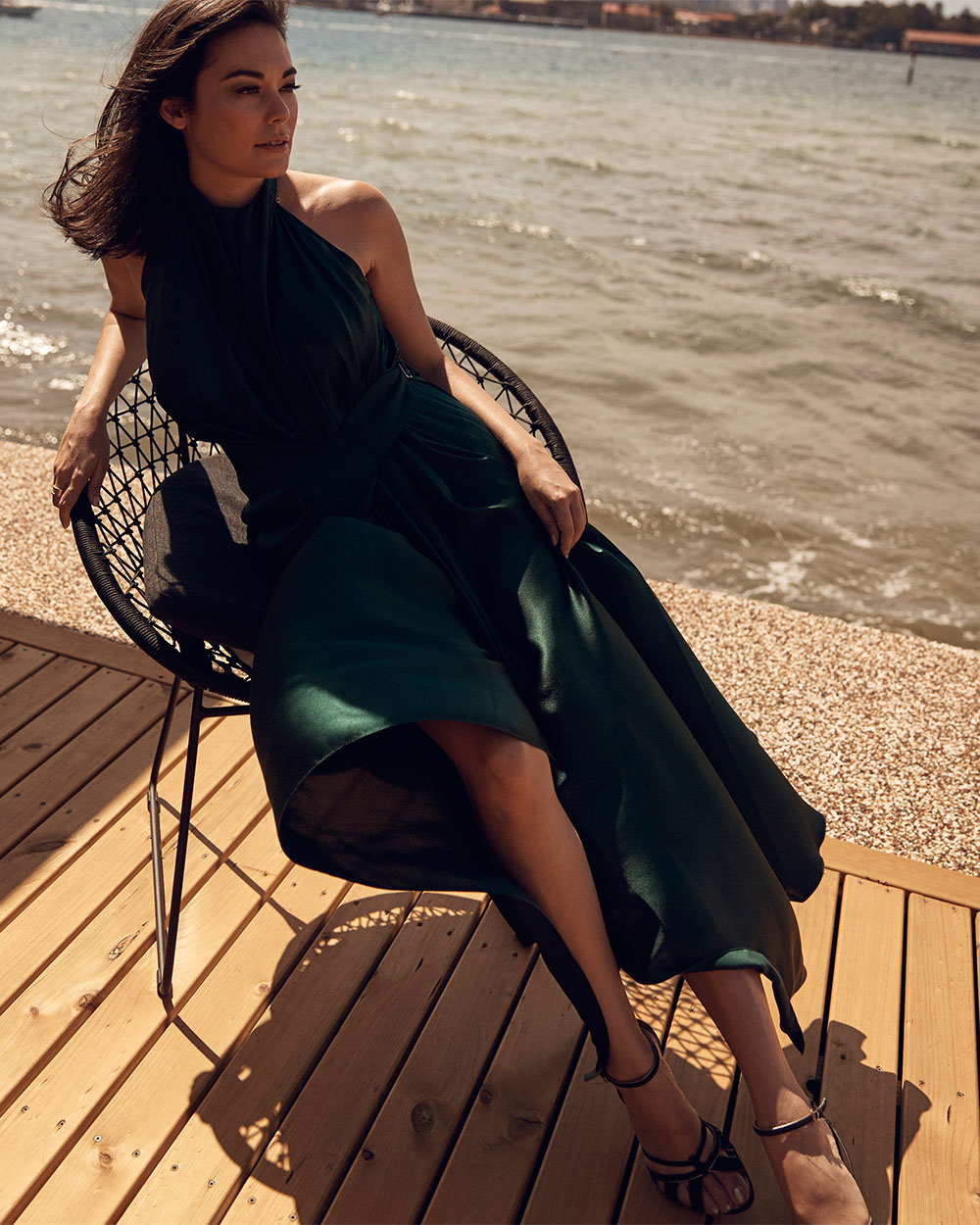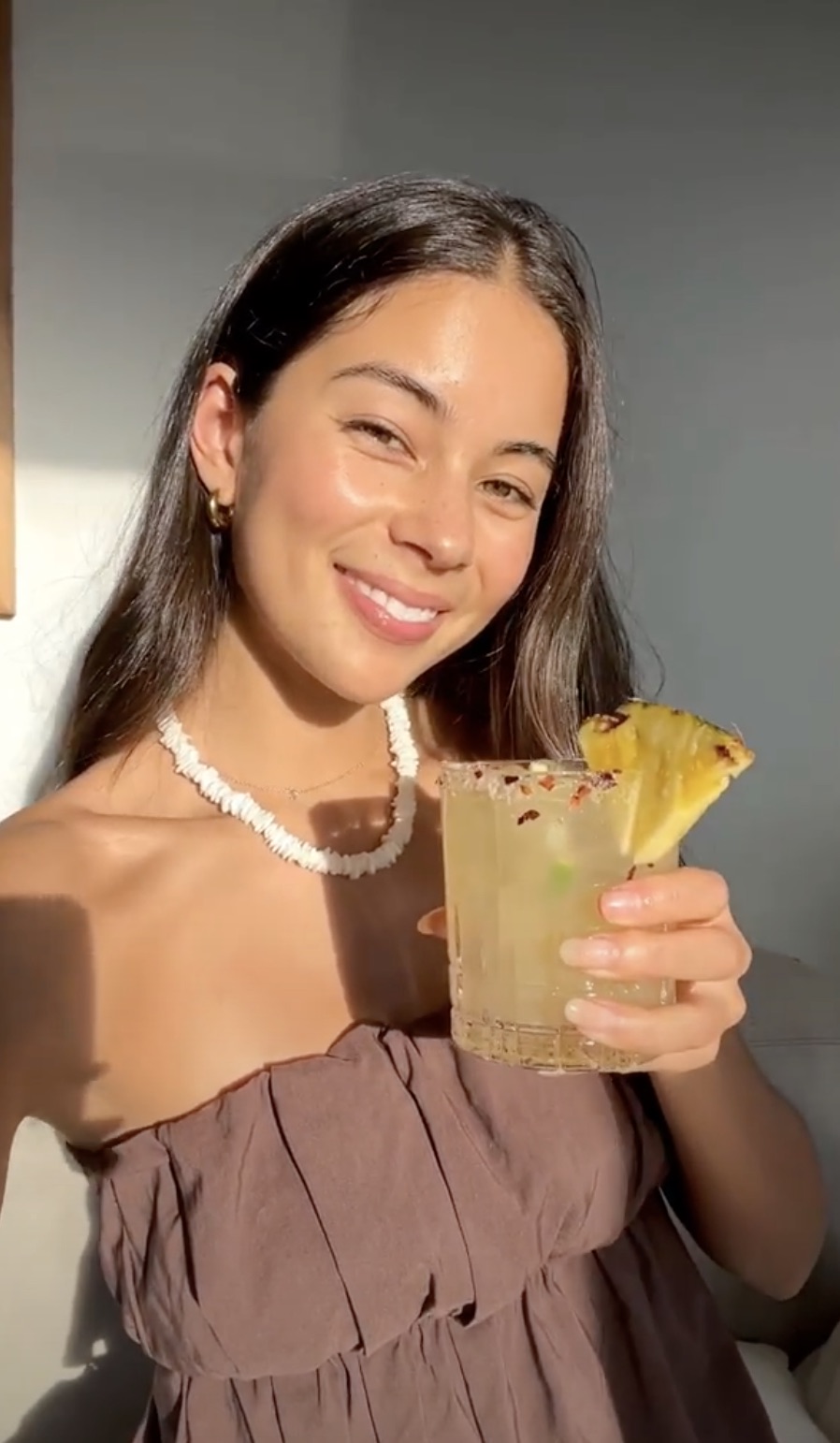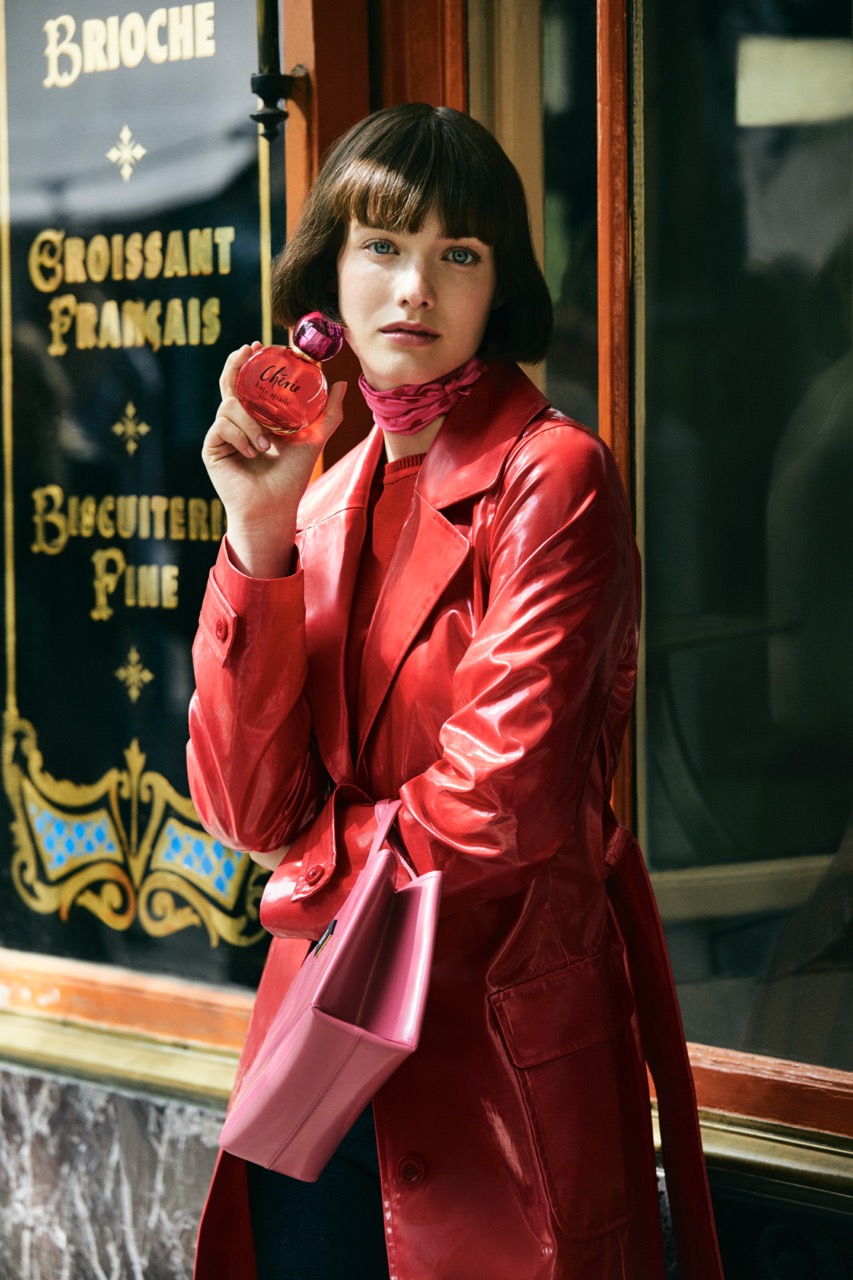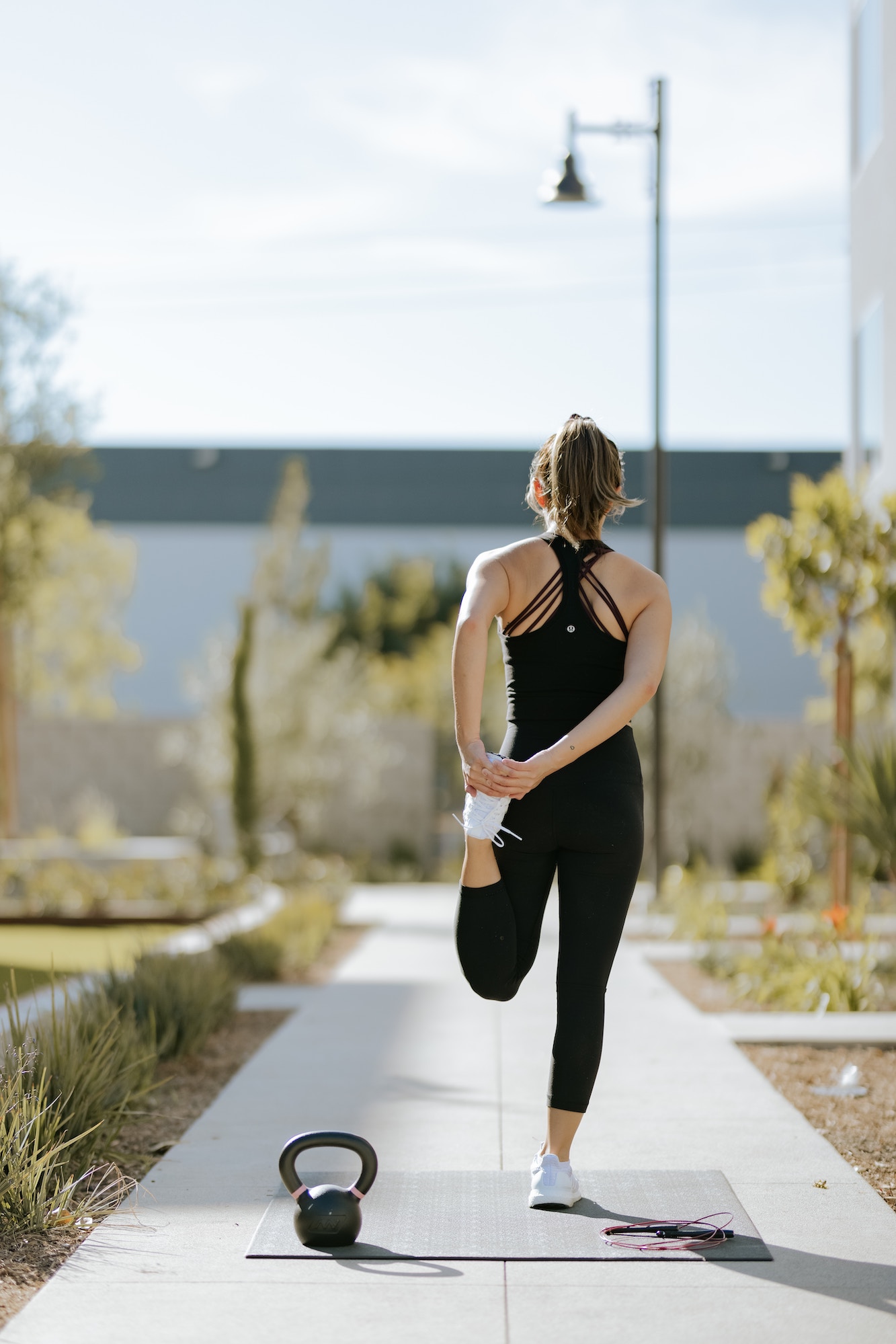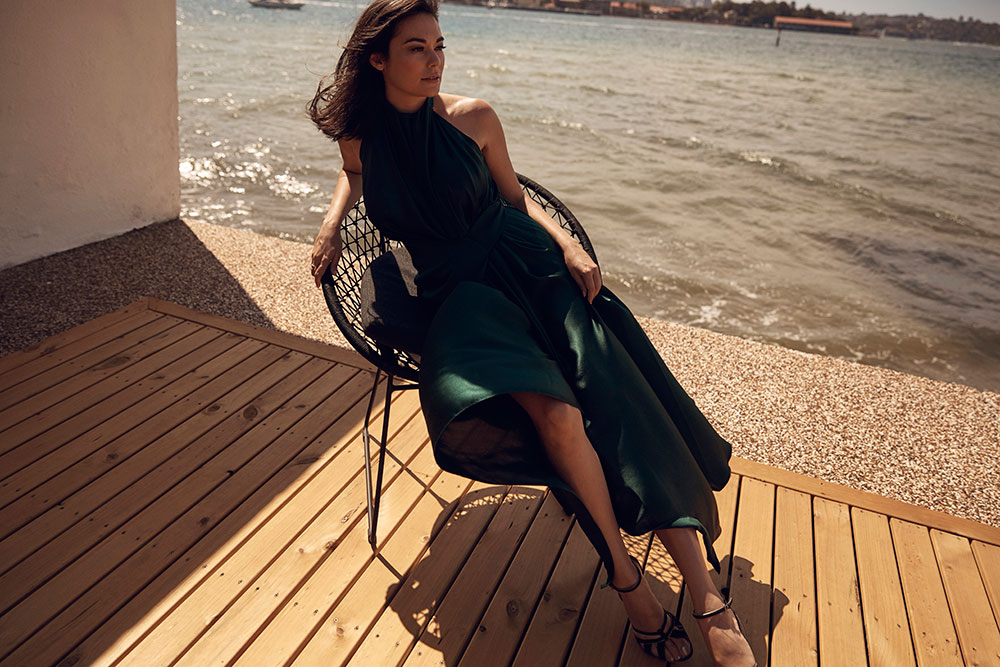
Stephanie Chai knew from a very early age she was born to be an entrepreneur.
While other kids were content to hit the playground or the park during the school holidays, Stephanie would not only chip away at business ideas, but actually try and action them too, reaching out to the head offices of global corporations with her grand schemes.
In 2012, her dream of one day becoming a CEO became a reality, when she launched The Luxe Nomad, a luxury hotel and villa website designed to help you book your dream accommodation at a last-minute rate. Being a female CEO in a largely male-dominated industry never phased Stephanie and she puts a lot of that down to her time at Auckland-based King’s College, where she spent her formative years. While calculus maybe didn’t help her as much as she’d hoped, she did pick up loads of other great skills and pieces of advice from her schooling years.
Here’s what Stephanie has learned over the years and the advice she would share, in her own words:
Miss FQ: Tell us about The Luxe Nomad and your role there.
Stephanie: I’m the CEO and founder of The Luxe Nomad; that role encapsulates many things to be honest! While my ‘main’ job is to finalise strategy and ensure the company is growing in the right direction, day to day, it’s always changing. This year we are expanding our villa management arm, which means I’ve been deeply involved in acquisitions. This is something new to me but I’ve been learning from our Chief Operating Officer Lee Lian, who comes from a private equity background. I tend to leave the complicated excel projections to her, as negotiation is more my forte. That is what’s great about the role, it’s always changing. I wouldn’t want to do the same thing forever.
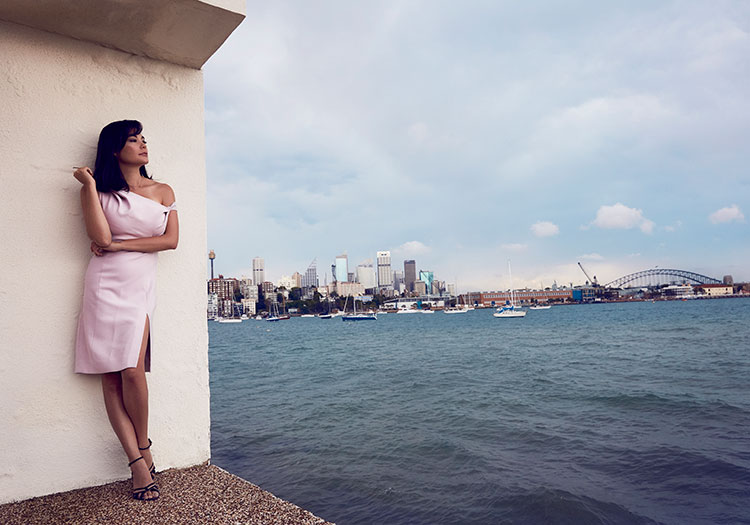
Stephanie turned her love for travel into a thriving business.
Were you always entrepreneurial growing up?
Yes, I was! During school holidays in New Zealand, if I wasn’t hanging out with friends, I would spend my time thinking of business ideas. I once had an idea to create an eyeliner that functioned like a multi-coloured pen so there would be no need to buy multiple eyeliners. I drew it up and sent letters to the headquarters of The Body Shop, Clinique and Lancome. And though no one said they were going to start producing my idea, they did send back letters and some free products to say thank you! I always knew from a young age that I had three interests – television, entrepreneurship and public service. For some reason, what I wanted to do in life has been very clear at a young age.
Talk us through your high school years and what subjects you studied.
Though I had the best years at King’s College, my choice of subjects weren’t terribly exciting (and were somewhat chosen to keep my parents happy!) – calculus, statistics, economics, accounting and English. I really only enjoyed English – we had a great teacher whom my best friend Tessa and I always managed to distract in class by getting him to share interesting stories such as when he saw the Berlin Wall. Studying economics and accounting has actually helped me a lot with what I do now – I can read financial statements and have some inkling about what factors affect the economy; after all, if we’re in a downturn, the first market to be affected is luxury. However, calculus hasn’t quite helped me – sorry! Though taking a difficult subject is always good for the brain.
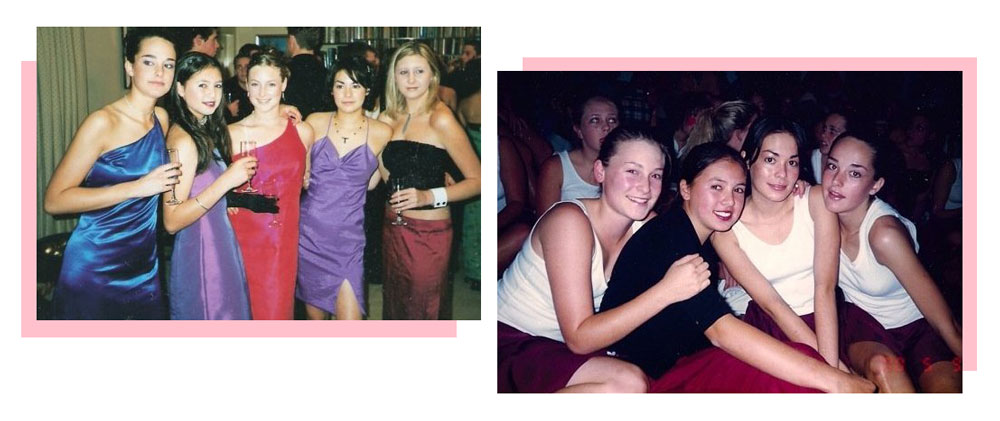
Stephanie has nothing but fond recollections of her time at King’s College in Auckland.
What’s the best advice you ever received from a teacher?
That girls can do anything and everything! I learned this from Mrs Sewter, our housemistress at Middlemore House at King’s College. Since King’s only accepts girls in senior high, there was a ratio of one girl to four boys when I was there. I think that if you can get along with the boys and hold your own, it does prepare you for the real world. For example, all my investors and board members now are male but it’s never dawned on me that my gender would be an issue or that I would be treated differently. The wonderful thing about New Zealand is that it is a very liberal society and I think women are pretty much treated equally.
Tell us about how you launched The Luxe Nomad.
I launched it in July 2012 with a team of two and a website that looked great but had a very buggy backend! We had just raised USD $200,000 from an angel investor, Tigris Capital, in Singapore, and were six months late to launch compared to our main competitor. However by thinking outside of the box and putting the customer first, we were able to establish ourselves and grow a large following. Out of the four competitors that launched around the same time we did, only The Luxe Nomad is still around today – and predominantly because we adapted the model and were careful with our costs.
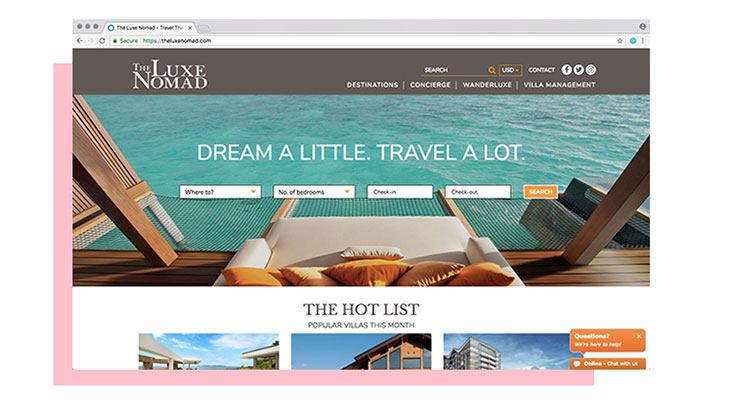
The Luxe Nomad website was launched in 2012.
What do you like most about your work?
I think running a business is like a long game of chess — you just need to pick the right moves and people. For instance in October 2017, we expanded to villa management [on top of our luxury hotel offering]. Whilst I may not know the ins and outs of maintaining and operating villas, I have generally a good feel when it comes to hiring the right people for the job and supporting them to improve the status quo.
What are the biggest challenges?
To be honest, the travel industry is one of the most competitive markets to enter, especially digitally, because the cost of customer acquisition is very high. Compared to the Booking.com and Airbnbs of the world, it’s David vs. Goliath for us. However, we have managed to make it work by carving out a niche market for ourselves – the luxury villa market. Challenges are of course always changing — you fix one problem and then another surfaces — but I would say that getting bookings is probably the main challenge everyone in our industry encounters, be it for hotels, villas or resorts. It’s a mix of doing what’s best for the present time and having the foresight about what will work in the years ahead.
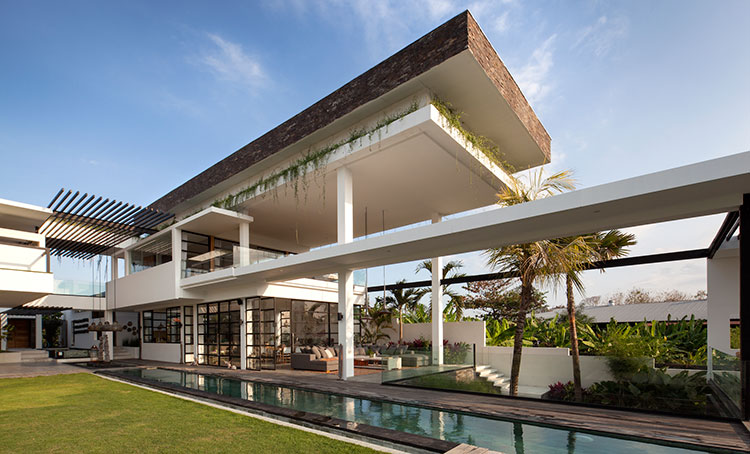
The company concentrates on the luxury villa market.
What’s something no one tells you about starting your own business?
How much work it entails — you can’t make this a Monday to Friday, 9-5 job and switch off. Is that something I dislike? Not really, it’s not like I have a plethora of hobbies — I usually just practice yoga, read books, and go to the spa so I’m pretty happy to spend some time on the weekends to clear emails! No one walks to the finish line after all.
What do you think are the qualities that have helped you most in your career to date?
Having a positive attitude. I am yet to meet a successful entrepreneur who does not have a ‘can do’ approach to life.
What environments and experiences do you think nurtured these qualities in you?
It is very odd but to a certain extent, perhaps because I was the eldest, my father had greater expectations from me compared to my brother. I can’t say they wanted me to be an entrepreneur but the pressure to do well was definitely instilled in me. And because my parents had such confidence in me, I never felt that I couldn’t not do anything I set my mind to, so my dreams were always very important. Life is either very dull or full of possibilities — it’s all about how you see things. I hope at the end of the day, it’s not so much about how many followers The Luxe Nomad has or how many bookings we get, but that we inspire others to do the same and go for their dreams. Life is too short to live someone else’s.
@steph_chai | @theluxenomad
This article is brought to you by King’s College.

